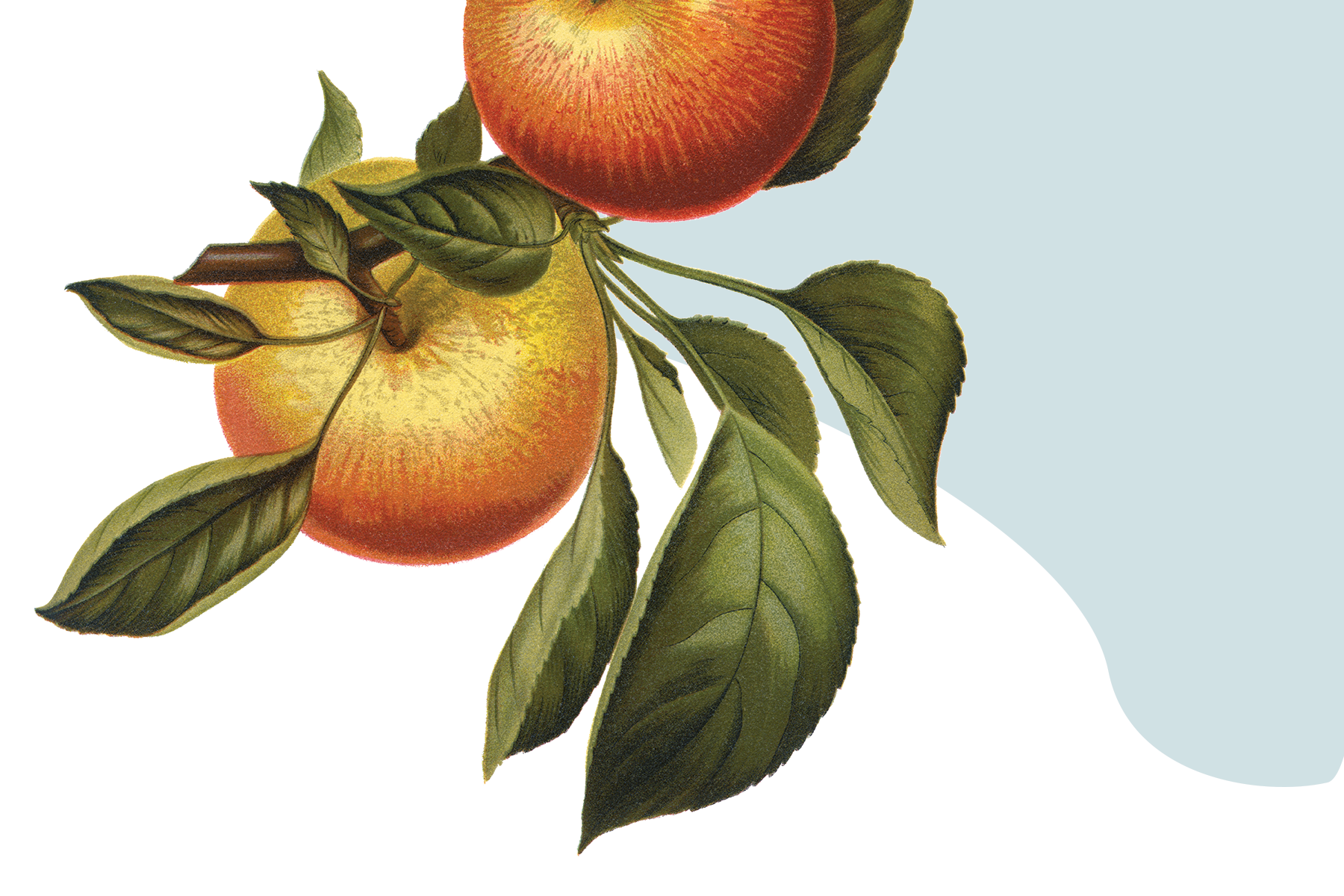The Fruit of the Spirit is Faithfulness

Galatians 5:22-23 says, “But the fruit of the Spirit is love, joy, peace, patience, kindness, goodness, faithfulness, gentleness, self-control, against such things, there is no law.”
Have you ever noticed that this well-known, oft-recited verse begins with the word “But”? The conjunction is an introductory word contrasting what is coming with what has already been described. Interestingly, what has already been described in Galatians 5, just prior to the “fruit of the Spirit” section, is the works of the flesh.
Paul presents us with a list of evidences of a Spirit-filled life, and “faithfulness” is the seventh in a list of nine. Many scholars have discussed the nuances between the two words “faithfulness” and “fruitfulness.” Considering both words in tandem helps us understand “faithfulness.”
Jesus said, “I am the vine; you are the branches. If you remain in me and I in you, you will bear much fruit; apart from me you can do nothing” (John 15:5). We also read, “No good tree bears bad fruit, nor does a bad tree bear good fruit. Each tree is recognized by its own fruit. People do not pick figs from thorn bushes, or grapes from briers. A good man brings good things out of the good stored up in his heart, and an evil man brings evil things out of the evil stored up in his heart. For the mouth speaks what the heart is full of” (Luke 6:43-45).
Scripture teaches us that “fruitfulness” can work both ways. We must not assume that all fruit is good. Matthew 7:20 reminds us that “false prophets” bear fruit too! So considering the word “faithful,” we hear Jesus teach: “His lord said to him, “well done, good and faithful servant. You have been faithful over a few things. I will set you over many things. Enter into the joy of your Lord” (Matthew 25:21). These words are from a parable that Jesus taught His disciples. The story actually begins with these significant words: “At that time the Kingdom of heaven will be like this” (Matthew 25:14). Jesus goes on to tell a story about a man who went on a journey and put his servants in charge of everything. He gave one of the servants five thousand silver coins, another received two thousand, and another, one thousand. The one who received $5,000 invested wisely and doubled the money. So too did the one who received $2,000, but the one who received $1,000 dug a hole and put the money in the ground. Upon his return, the master wanted to know what they had done with these gifts. To the two servants who had invested and “bore fruit,” the master said, “Well done you good and faithful servant. . . . Come on in and share my happiness” (Good News Version). Now we come to the third servant, and in verse 25 he tells the master, “I was afraid, so I went off and hid your money in the ground, look here is what belongs to you.” What the servant was saying may not seem all that unreasonable: At least I didn't lose any. There, it is just the way you gave it to me. The end result was that this third servant, who was actually “fruitless,” displeases the master very much.
Jesus’ parable is a glaring reminder that we must be good stewards of what God gives us. It is also a reminder that faithfulness and fruitfulness are not in competition. In fact, the parable is teaching us that there can be no faithfulness without fruitfulness and no fruitfulness without faithfulness. The master actually uses the word “faithful” to describe “fruitful” actions and then rewards the synergy provided by both.
Isn’t it interesting then that “faithfulness” appears as a fruit of the Spirit, and if you squeeze it, it oozes the juice of loyalty and dependability and other godly traits. If you squeeze it even harder, out comes the fruitful evidence that the Spirit of the living God resides in one’s heart and life, thereby very naturally fulfilling the law.
Ian Fitzpatrick is national director of the Church of the Nazarene Canada.
Holiness Today, Jan/Feb 2022




